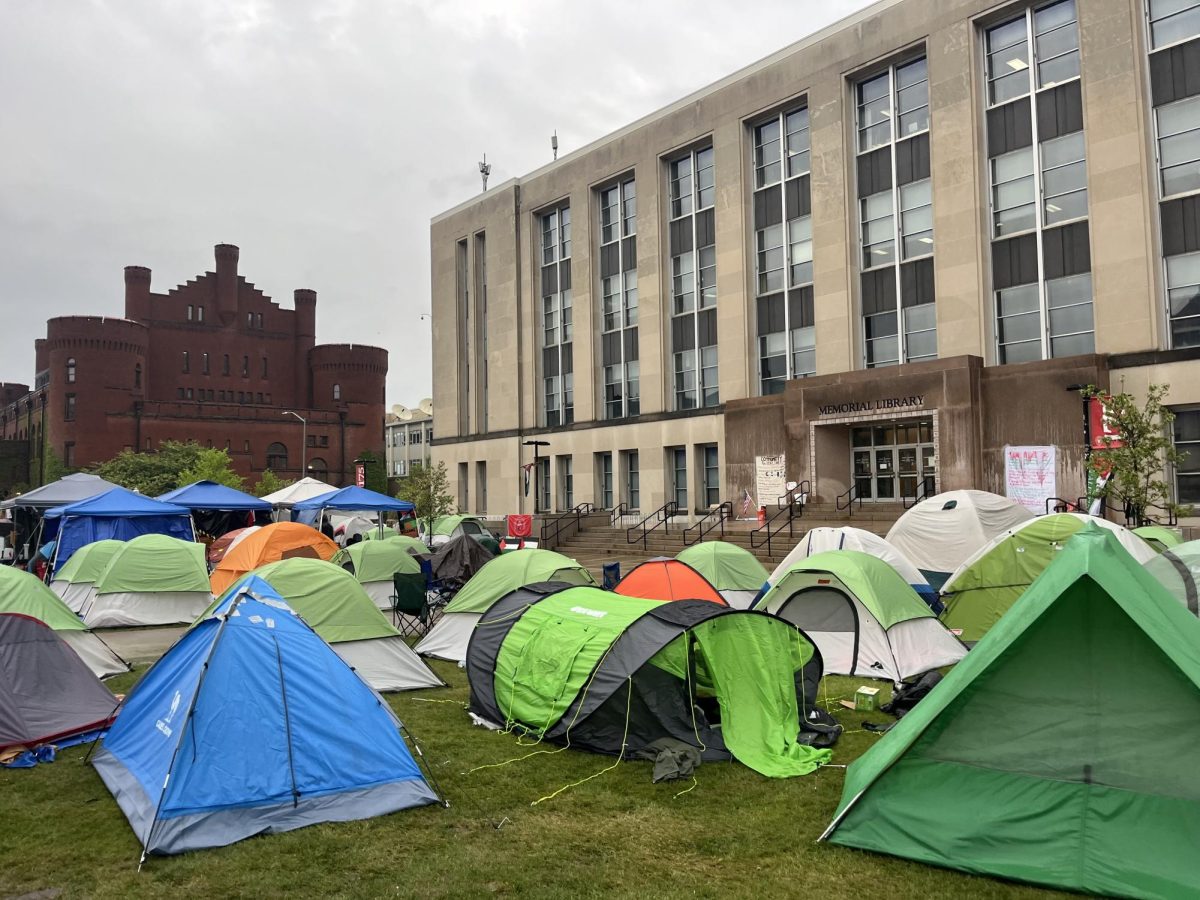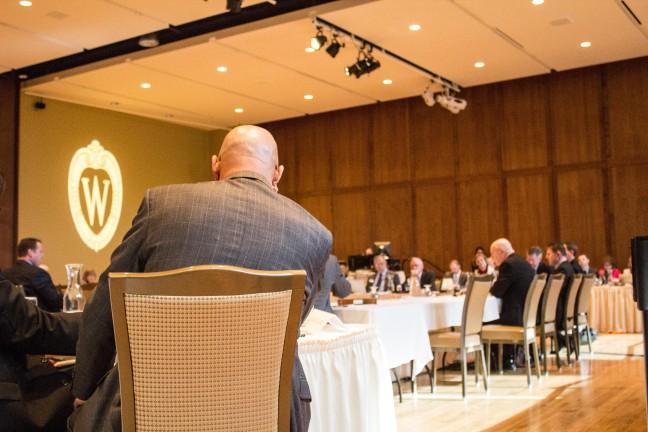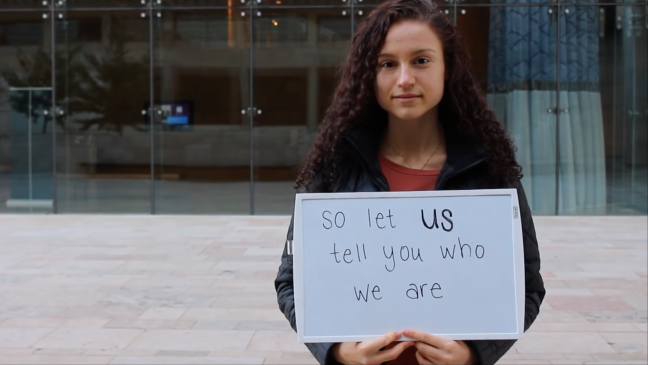Sam Clegg’s editorial from April 9 (“Misconduct policy still bad for students”) touches on some important points regarding the ambiguity of the proposed changes to UWS 17. My problem is that Mr. Clegg’s opinion, although it attempts to address some of the ambiguity, is entirely reliant on conversations with a proponent of the changes. In addressing some of these changes, Mr. Helmkamp is unclear, and in others he is simply wrong.
First, in addressing the issue of the lower standard of evidence for sexual harassment and assault, Helmkamp asserts that the University must make the change and remove student protections in order to abide by a mandate from the Department of Education. What Helmkamp and Clegg miss however, is this is not clear at all. The letter the University is referring to from the Department of Education specifically talks about professor-student relationships; it is not clear that this directive is meant to apply to peer relationships as the University suggests. I’m guessing we can all agree that the dynamics and potential ramifications of professor-student relationships pose different problems than the weekend bar hook-up.
Second, the new policy would punish speech done for the “purpose” of harassment. Anyone who has studied criminal law will know that intent is often hard to determine. In fact, a federal appeals court reversed the punishment for a student in this exact scenario (DeJohn v. Temple University).
Clegg also sees the University’s desire to make these hearings “educational” as “reasonable.” A quick look at the plagiarism story on the previous page (“Plagiarism error worries colleges”) should ring alarm bells in the heads of students. An innocent student was punished via University hearing for plagiarism without any real evidence. Justice only occurred when the student hired an attorney — someone trained to provide a vigorous defense.
Finally, Clegg addresses the ambiguity of the “substantial interest” clause. Clegg is right to be skeptical. It was clear from the public hearing held at the beginning of March in Milwaukee that neighbors of the university will see these changes as a vehicle to address their problems with students. Community attendees at the Milwaukee forum spoke of a history of noise violations and copious alcohol consumption, and all but demanded that the University “control their students.” The regents must clarify this clause to protect the rights of students.
We should take Helmkamp up on his open door policy, but students should be wary of the answers given.
David Olson
Graduate student, Political Science
[email protected]




















